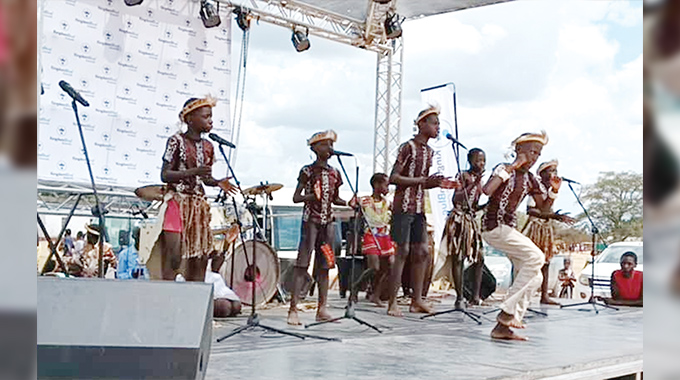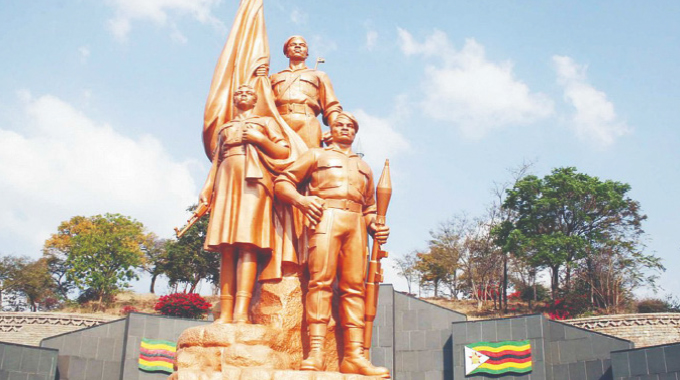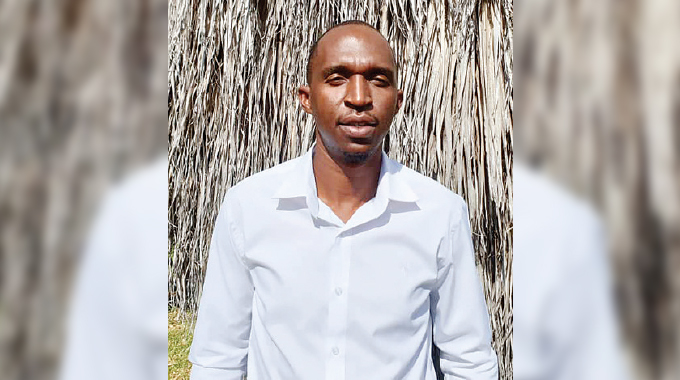COMMENT: Repowering aging Hwange units solution to energy crisis

A recent decision by the Zambezi River Authority to drastically reduce water supply for power generation at Lake Kariba following a drought stresses the difficulties around hydro-power.
The authority told Zimbabwe and Zambia that they would each get 8 billion cubic metres of water for electricity generation this year citing low inflows in the wake of the drought which also resulted in widespread crop failure in both countries.
As a result, the countries will respectively generate around 214 megawatts (MW), a drastic reduction from the installed capacity on either bank of 1 050 MW. On Friday, the Zimbabwe Power Company was producing 222 MW at Kariba, 907 MW at coal-fired Hwange while independent power producers, most of which are solar facilities, were contributing 44 MW.
With droughts expected to be more frequent in the future as climate change worsens, Kariba and other hydro projects are set to be more and more unreliable. This, considering the contribution of the lake to local power production, will surely compromise national energy security.
Energy and Power Development Minister, Edgar Moyo, in our sister paper Sunday News yesterday, decried the situation at Kariba and noted the role that Hwange can play in keeping the lights on.
Six units at the thermal plant aren’t producing to their nameplate capacities because they are aged. The Government is refurbishing and repairing them but a longer-term solution, he said, is to repower them.

“We now have low generation at Kariba but not all is lost because we continue to conduct refurbishments and repairs on Units One to Six to improve the capacity at Hwange Thermal Power Station,” he said.
“The repairs are temporary, they keep us going, but the long-term solution is to re-do or repower them so that they reach their full potential. By repowering, we mean that we will be installing new equipment.”
The impact of drought on Kariba South Power Plant and the inefficiencies at Hwange demand that we work harder to secure enough funding to repower the six units so they produce as much as they should.
More investment beyond refurbishment and repairs will, too, ensure that the six complement what Units Seven and Eight, which are far newer having been commissioned in March and August last year respectively, are generating.
In talking about the need for authorities to work harder to secure funding to reboot the six units at Hwange, we are mindful of the fact that financing for coal-based plants is now difficult to get as the world decarbonises.
This means that the Government must use internal resources to secure national power production and supply. We are building roads, dams, schools, health facilities and so on.
It, therefore, is possible that the country can be able to prioritise Hwange Units One to Six so energy security is achieved and with it, national development objectives.












Comments